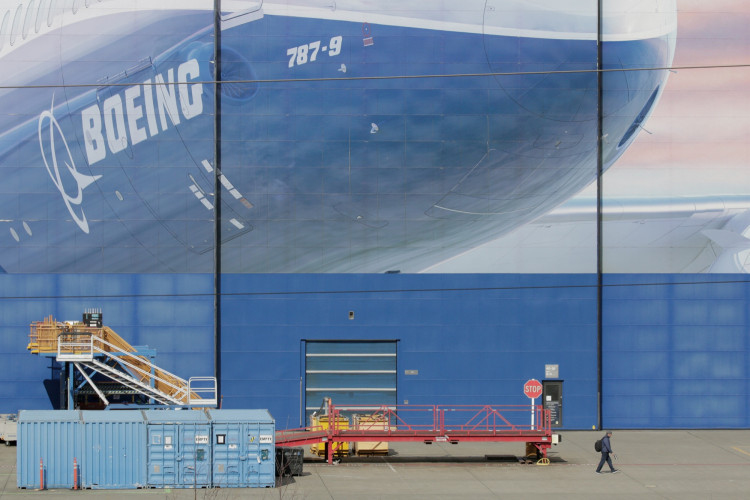US aircraft manufacturer Boeing announced that it will need to slash its workforce and slow down production to help it cope with the economic downturn and low travel demand caused by the coronavirus pandemic. The announcement comes after the company reported a massive first-quarter loss of more than $1.7 billion.
As the company continues to reel in from the global grounding of its 737 Max aircraft, its finances were once again placed under immense pressure from the drastic drop in travel demand due to the virus. Because of the challenges, Boeing stated that it needed to cut its workforce by at least 10 percent, which translates to about 16,000 jobs.
Boeing stated that the job cuts will be done through a combination of natural attrition, buyouts, and involuntary layoffs in the coming days. Most of the jobs that will be affected are those in the company's commercial airplane unit as Boeing is planning to scale back production of two of its passenger jets, namely its 787 Dreamliner and its 777 widebody aircraft.
Boeing CEO Dave Calhoun told the company's stakeholders that demand for commercial airline travel has fallen to unprecedented levels and the pandemic will only worsen the situation. Apart from the planned job cuts, Calhoun revealed that they have already offered around 70,000 employees voluntary layoff packages.
For the first quarter, Boeing reported net losses from its core operations of about $1.7 billion, slightly worst than analysts' expectations for the period. Apart from the damage caused by the grounding of its planes, the global travel slump caused by the pandemic had severely affected the company's business. Boeing has been forced to temporarily shut down its facilities across the US due to health concerns, costing the company an estimated $137 million.
Following the spread of the pandemic, orders for Boeing's planes, which were already low due to the groundings, plummeted further to near zero. With passenger demand slumping by more than 90 percent since the start of the outbreak, two-thirds of planes around the work are now stuck inside hangars and runways.
Carriers such as Southwest Airlines, one of Boeing's biggest customers, have delayed their orders for new planes until the situation improves. Southwest stated on Tuesday that it had been forced to delay delivery of more than half of the planes it had ordered. During the Boeing's annual meeting earlier in the week, Calhoun stated that he expects that the demand rebound for domestic and international travel will likely take longer than expected.





